Search
Research
The respiratory health effects of acute in vivo diesel and biodiesel exhaust in a mouse modelBiodiesel, a renewable diesel fuel that can be created from almost any natural fat or oil, is promoted as a greener and healthier alternative to commercial mineral diesel without the supporting experimental data to back these claims. The aim of this research was to assess the health effects of acute exposure to two types of biodiesel exhaust, or mineral diesel exhaust or air as a control in mice.
Research
Lung structural and functional impairments in young children with cystic fibrosis diagnosed following newborn screening – A nationwide observational studyNon-invasive and sensitive clinical endpoints are needed to monitor onset and progression of early lung disease in children with cystic fibrosis (CF). We compared lung clearance index (LCI), FEV1, functional and structural lung magnetic resonance imaging (MRI) outcomes in Swiss children with CF diagnosed following newborn screening.
Research
Antenatal creatine supplementation reduces persistent fetal lung inflammation and oxidative stress in an ovine model of chorioamnionitisChorioamnionitis is a common antecedent of preterm birth and induces inflammation and oxidative stress in the fetal lungs. Reducing inflammation and oxidative stress in the fetal lungs may improve respiratory outcomes in preterm infants. Creatine is an organic acid with known anti-inflammatory and antioxidant properties.
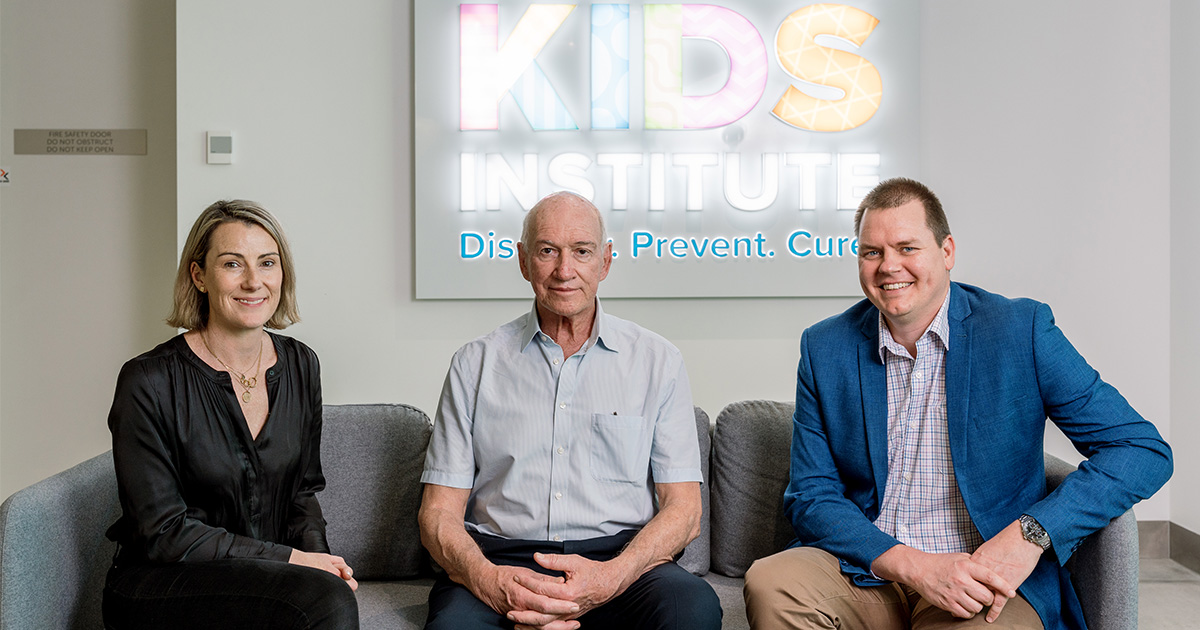
News & Events
Company behind device that improves drug delivery to lungs awarded prestigious innovation awardA The Kids Research Institute Australia spin-off company, Inspiring Holdings Pty Ltd (Inspiring), has been announced as winner of the Wesfarmers Wellbeing Platinum Award in the prestigious WA Innovator of the Year awards for their novel Universal Spacer System – a device which improves the delivery of inhaled dru
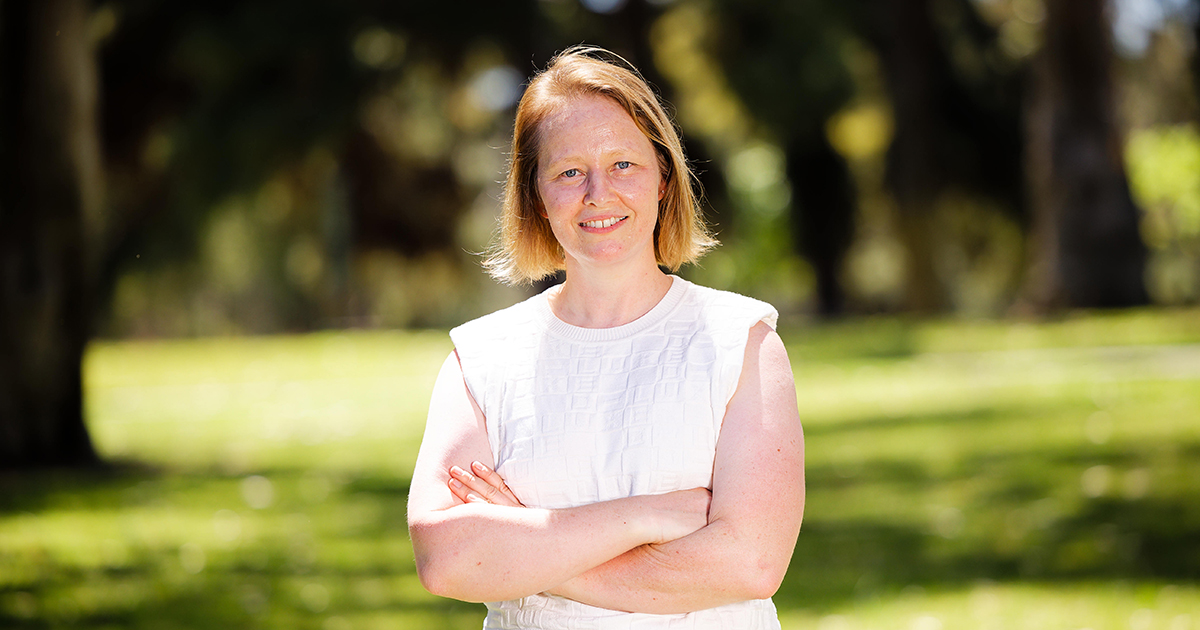
News & Events
Major grant supports innovative infant lung health studyA ground-breaking global clinical trial to improve the lifelong lung health of children born extremely prematurely has been awarded a Medical Research Future Fund (MRFF) International Clinical Trials Collaborations Grant totalling almost $3 million.
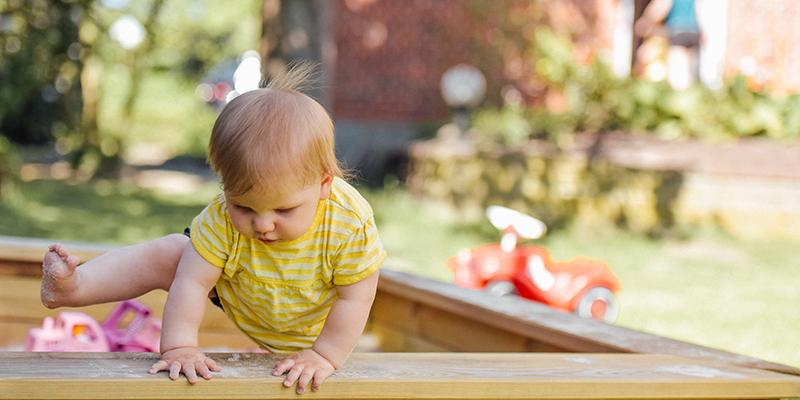
News & Events
Perron grants help give researchers wingsValuable support from the Stan Perron Charitable Foundation will enable The Kids Research Institute Australia researchers to commence projects on topics ranging from disability, mental health and lung disease to diabetes, Aboriginal leadership, and the development of child-focused pandemic policies.
Research
Respiratory Viral Testing Rate Patterns in Young Children Attending Tertiary Care Across Western Australia: A Population-Based Birth Cohort StudyBelaynew Christopher Peter Hannah Minda Huong Taye Blyth Richmond Moore Sarna Le MD, MPH, PhD MBBS (Hons) DCH FRACP FRCPA PhD MBBS MRCP(UK) FRACP OAM

News & Events
Multi-million-dollar investment in child health to support vital researchFour The Kids Research Institute Australia researchers have received prestigious fellowships and four significant cohort studies led or co-led by The Kids have received key grants under two new funding programs supported by the State Government’s Future Health Research and Innovation (FHRI) Fund.
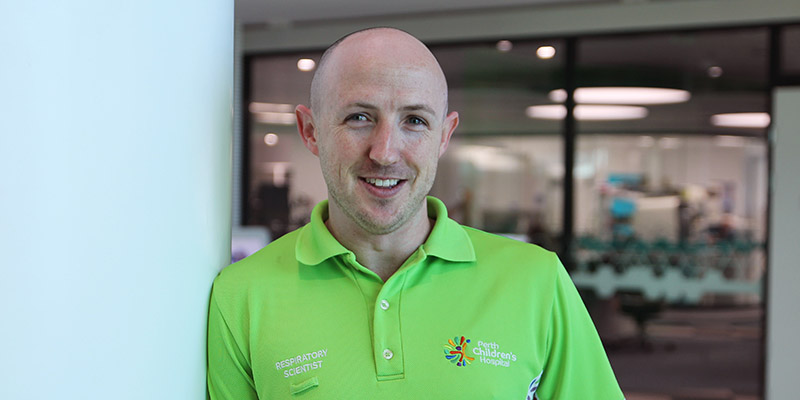
News & Events
Pre-term kids get green light to exerciseParents of children born prematurely have expressed concerns about their child’s lung health when they exercise, with symptoms such as breathlessness.
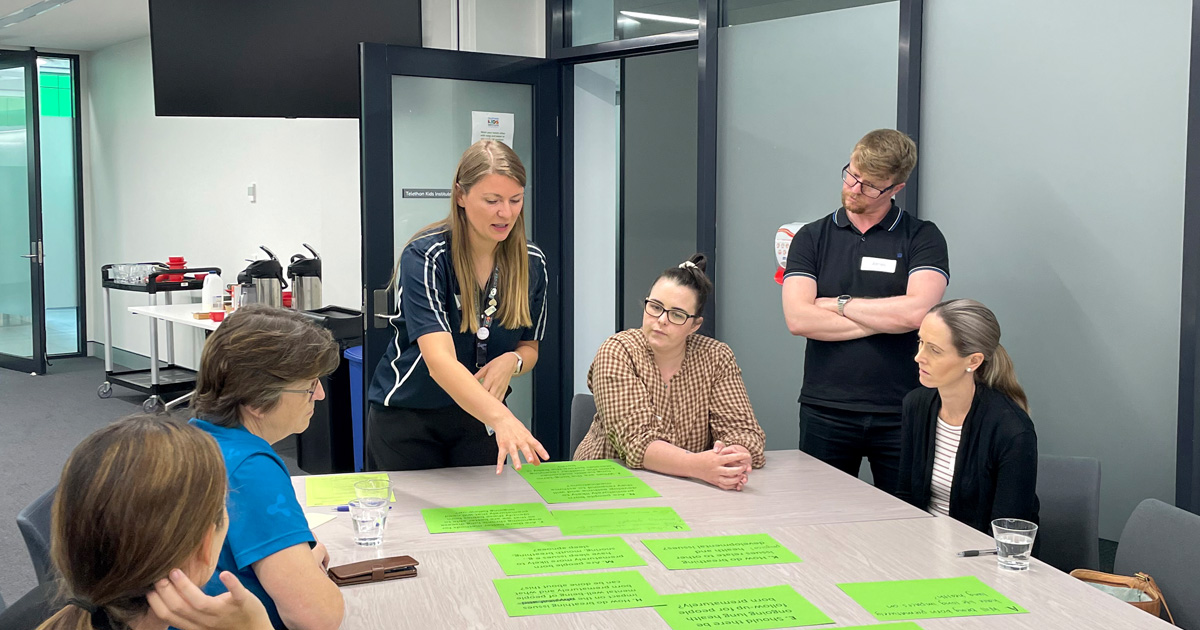
News & Events
Community partnership sets priorities for preterm lung health researchRespiratory disease remains one of the most significant complications of preterm birth, with lasting consequences.
